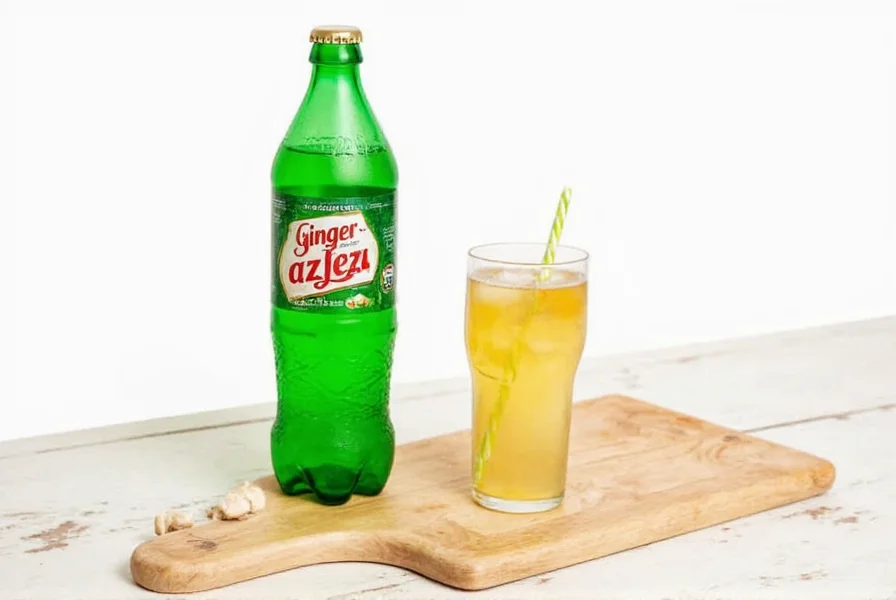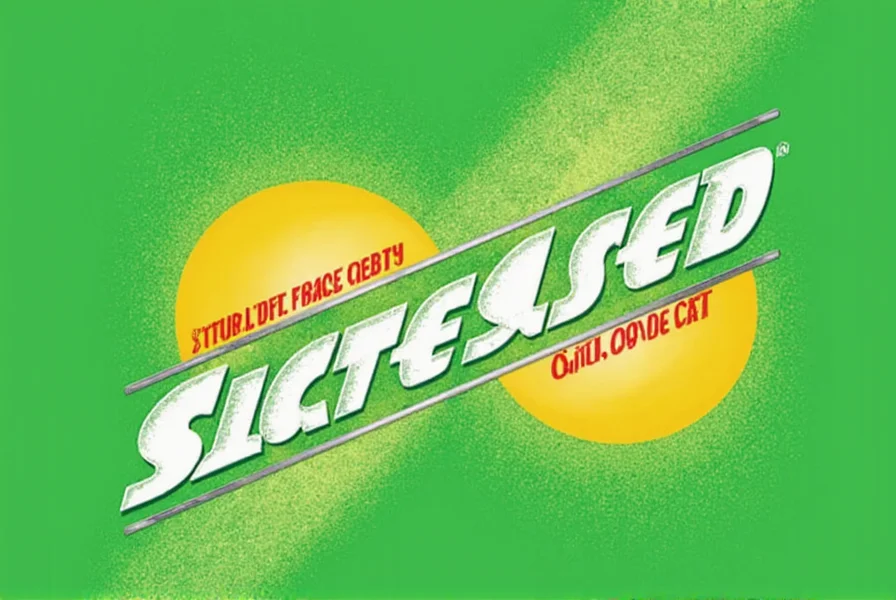As of late 2023, there is no active nationwide class action lawsuit specifically targeting ginger ale as a beverage category. However, Canada Dry has faced multiple class action lawsuits alleging their products don't contain 'real ginger' as advertised. The most significant case, Martinez v. Keurig Dr Pepper Inc., was dismissed in 2022 but similar claims continue to emerge. Consumers should verify lawsuit legitimacy through official court records before responding to settlement offers.
The phrase ginger ale class action lawsuit has generated considerable online discussion, but much of the information circulating is inaccurate or outdated. This article provides verified facts about actual legal actions involving ginger ale products, focusing on the most prominent cases and their current status. Understanding the reality behind these claims is essential for consumers who may encounter settlement notifications or social media posts about supposed lawsuits.
Understanding the Canada Dry Ginger Ale Litigation
When people search for ginger ale class action lawsuit information, they're typically referring to litigation involving Canada Dry, one of the most popular ginger ale brands in North America. The core allegation in these cases is that Canada Dry products—including Canada Dry Original Ginger Ale, Canada Dry Diet Ginger Ale, and Canada Dry Ginger Ale Zero Sugar—don't actually contain 'real ginger' despite prominent labeling claims.
Multiple plaintiffs filed separate class action lawsuits that were eventually consolidated into a single case: Martinez v. Keurig Dr Pepper Inc. (Case No. 3:20-cv-07057), filed in the U.S. District Court for the Northern District of California. The plaintiffs argued that:
- Canada Dry products contain only trace amounts of ginger root extract
- Marketing language like 'Made from Real Ginger' is misleading
- Consumers paid premium prices based on false 'real ginger' claims
- The products primarily contain high fructose corn syrup and artificial flavors
Current Status of the Canada Dry Lawsuit
As of late 2023, the consolidated Canada Dry class action lawsuit status shows the following developments:
| Timeline | Legal Development | Current Status |
|---|---|---|
| October 2020 | Multiple plaintiffs file separate class actions | Consolidated into single case |
| March 2021 | Plaintiffs file amended consolidated complaint | Allegations refined |
| September 2021 | Defendant files motion to dismiss | Pending review |
| February 2022 | Court grants motion to dismiss with prejudice | Case officially closed |
| 2022-2023 | Similar claims filed in new jurisdictions | Early procedural stages |
In February 2022, U.S. District Judge Vince Chhabria dismissed the consolidated case with prejudice, meaning the plaintiffs cannot refile the same claims. The court determined that while Canada Dry's 'Made from Real Ginger' claim might be technically true (as the products do contain some ginger root extract), reasonable consumers wouldn't interpret this to mean the beverages contain significant amounts of ginger.
Despite this dismissal, similar ginger ale false advertising lawsuits continue to emerge in different jurisdictions. Some new filings focus specifically on whether the ginger content provides any actual health benefits claimed by consumers who choose ginger ale for digestive relief.
What This Means for Ginger Ale Consumers
If you're searching for ginger ale class action lawsuit settlement information, it's important to understand that:
- No active settlement is distributing funds to consumers from the dismissed Canada Dry case
- Any notification claiming you're eligible for payment likely represents a scam
- New lawsuits are in early procedural stages with no settlement established
- Canada Dry continues to sell products with the same labeling claims
The Federal Trade Commission (FTC) and class action lawsuit experts consistently warn consumers about fraudulent settlement notifications. Legitimate class action settlements never require you to pay money to receive your share. If you receive a communication about a ginger ale class action lawsuit payout that asks for payment or sensitive personal information, it's almost certainly a scam.
How to Verify Legitimate Class Action Lawsuits
When researching ginger ale class action lawsuit updates, follow these verification steps to avoid misinformation:
- Check official court records through PACER (Public Access to Court Electronic Records)
- Verify claims with the Attorney General's office in your state
- Consult the official class action settlement website (typically ending in .com or .net, not .xyz or other unusual domains)
- Cross-reference with reputable news sources like Reuters, Associated Press, or major national newspapers
- Avoid clicking links in unsolicited emails or social media posts about settlements
The absence of a current, active settlement doesn't mean the legal questions about ginger content in ginger ale products have been fully resolved. Food labeling regulations continue to evolve, and consumer advocacy groups maintain that 'made with real ginger' claims should indicate a meaningful amount of ginger is present—not just trace amounts.

Industry Response and Product Labeling Changes
While the Canada Dry litigation was ongoing, Keurig Dr Pepper (the parent company) made some subtle changes to product labeling. Some newer batches show slightly modified language, though the core 'Made from Real Ginger' claim remains prominent. The company maintains that their products do contain ginger root extract, which qualifies as 'real ginger' under FDA labeling regulations.
Consumer advocacy organizations like the Center for Science in the Public Interest (CSPI) continue to push for clearer food labeling standards that would require companies to specify the actual percentage of key ingredients. Until such regulations exist, similar beverage false advertising class actions will likely continue across various product categories.
Protecting Yourself from Lawsuit-Related Scams
Unfortunately, the attention around the Canada Dry ginger ale lawsuit has spawned numerous scams targeting consumers. Protect yourself by remembering these key points:
- Legitimate class action settlements never ask for upfront payment
- Official settlement websites use secure HTTPS connections
- Government agencies will never contact you via social media about settlements
- Verify any settlement claim through the official court website
- Report suspected scams to the FTC at ReportFraud.ftc.gov
If you're concerned about whether your ginger ale contains sufficient ginger for potential health benefits, consider checking ingredient lists for 'ginger root extract' position (higher on the list indicates more content) or exploring craft ginger beer products that typically contain more substantial ginger content.
Is there currently an active ginger ale class action lawsuit?
As of late 2023, there is no active nationwide class action lawsuit specifically targeting ginger ale as a category. The most prominent case against Canada Dry (Martinez v. Keurig Dr Pepper Inc.) was dismissed with prejudice in February 2022. While similar claims have been filed in new jurisdictions, these are in early procedural stages with no active settlement established.
Did Canada Dry settle the ginger ale lawsuit?
No, Canada Dry did not settle the ginger ale lawsuit. The court dismissed the consolidated class action (Martinez v. Keurig Dr Pepper Inc.) with prejudice in February 2022, meaning the case was closed and plaintiffs cannot refile the same claims. There is no ongoing settlement process distributing funds to consumers.
How can I verify if a ginger ale lawsuit notification is legitimate?
To verify legitimacy, check official court records through PACER, consult your state Attorney General's office, and look for the official settlement website (which will have a .com or .net domain). Legitimate settlements never require payment to receive your share. Be wary of notifications received via social media or unsolicited emails, and never provide sensitive information without verification.
Does Canada Dry actually contain real ginger?
Yes, Canada Dry products do contain some ginger root extract, which qualifies as 'real ginger' under current FDA labeling regulations. However, the amount is minimal—typically listed near the end of ingredients after carbonated water, high fructose corn syrup, and citric acid. The legal dispute centered on whether the 'Made from Real Ginger' marketing claim reasonably suggests a meaningful ginger content to consumers.
Should I stop drinking ginger ale because of the lawsuit?
The lawsuit focused on marketing claims, not product safety. Ginger ale remains safe to consume as it has been for decades. If you're drinking ginger ale specifically for potential digestive benefits, you might consider products with higher ginger content, such as craft ginger beers or products listing ginger higher in the ingredients. The legal dispute doesn't affect the safety of consuming standard ginger ale products.











 浙公网安备
33010002000092号
浙公网安备
33010002000092号 浙B2-20120091-4
浙B2-20120091-4